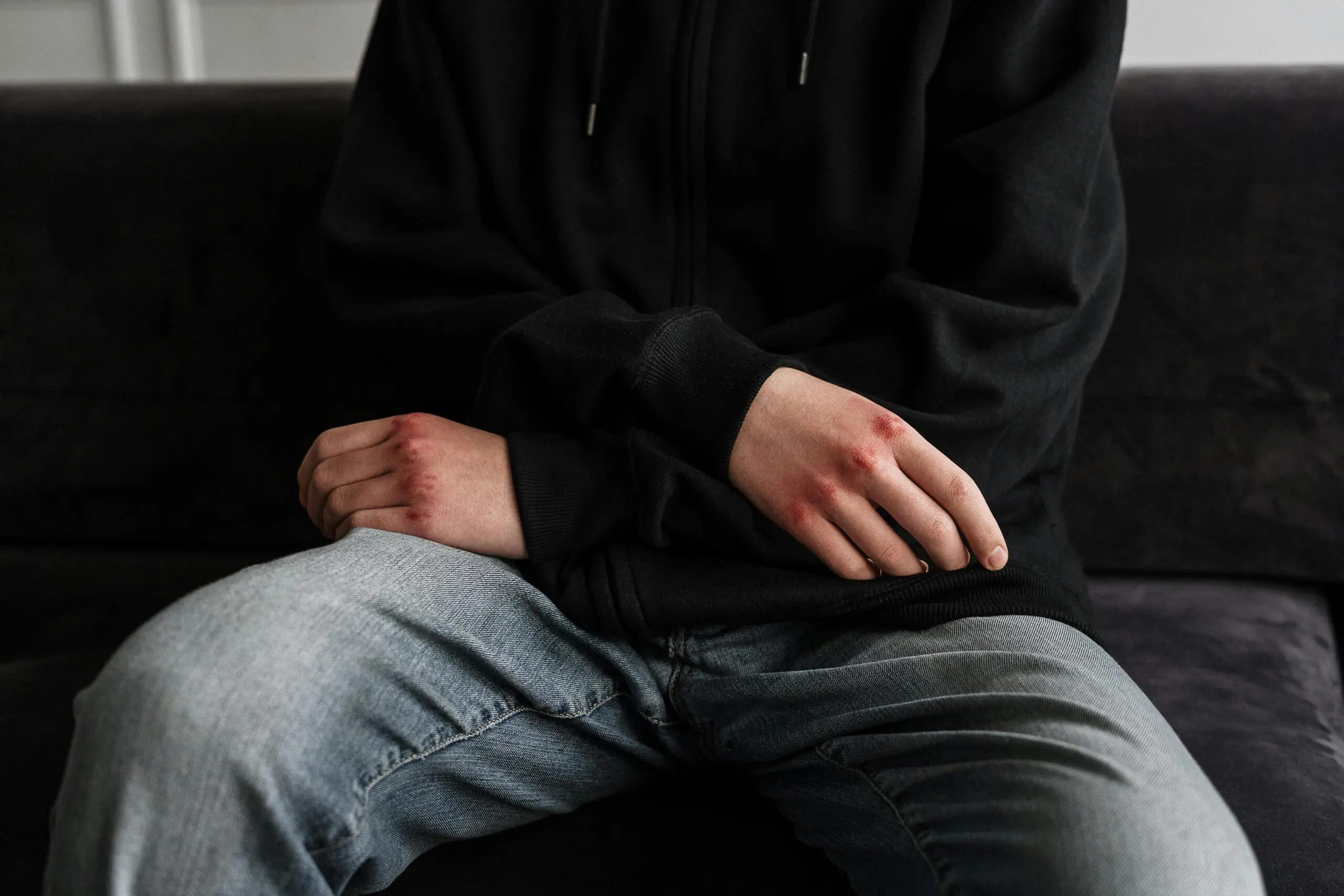Most domestic violence cases involve men as perpetrators and women as victims. However, there are also many instances of domestic violence where men become the victim.
CNN reports that men often do not report domestic violence cases. The same is true of women, but men seem to face more shame, especially when the instigator is a woman.
The role of toxic masculinity
Ironically, toxic masculinity often plays a role in abuse whether men or women are the abusers or the victims. Men often hold rigid ideologies about gender roles that can affect domestic abuse in three ways:
- Men may lash out when they feel women threaten their manhood.
- Women may lash out at men who, in their eyes, fail to uphold those standards as protectors and providers.
- Men often feel so pressured to embody masculine stereotypes that they refuse to open up about facing abuse emotionally or physically by a partner.
The problem with lack of information
Another central obstacle to tackling violence against men stems from lack of information. Men often believe there are no resources for them as abused partners. While most shelters do cater specifically to women and children, resources exist for men.
Business Insider reports that even when men know resources exist, they tend to believe the intervention from organizations might not prove helpful. Some may also fear the case going to court or becoming more publicized, thereby revealing the secret they prefer to keep to themselves.
When it comes to tackling intimate partner violence against men, professionals recommend that men become more involved from all sides. By dismantling the toxic stereotypes to which men hold themselves, their sons, their fathers and other men, they may begin to reduce some of the pressures that fuel violence or fuel the shame that results from it.

